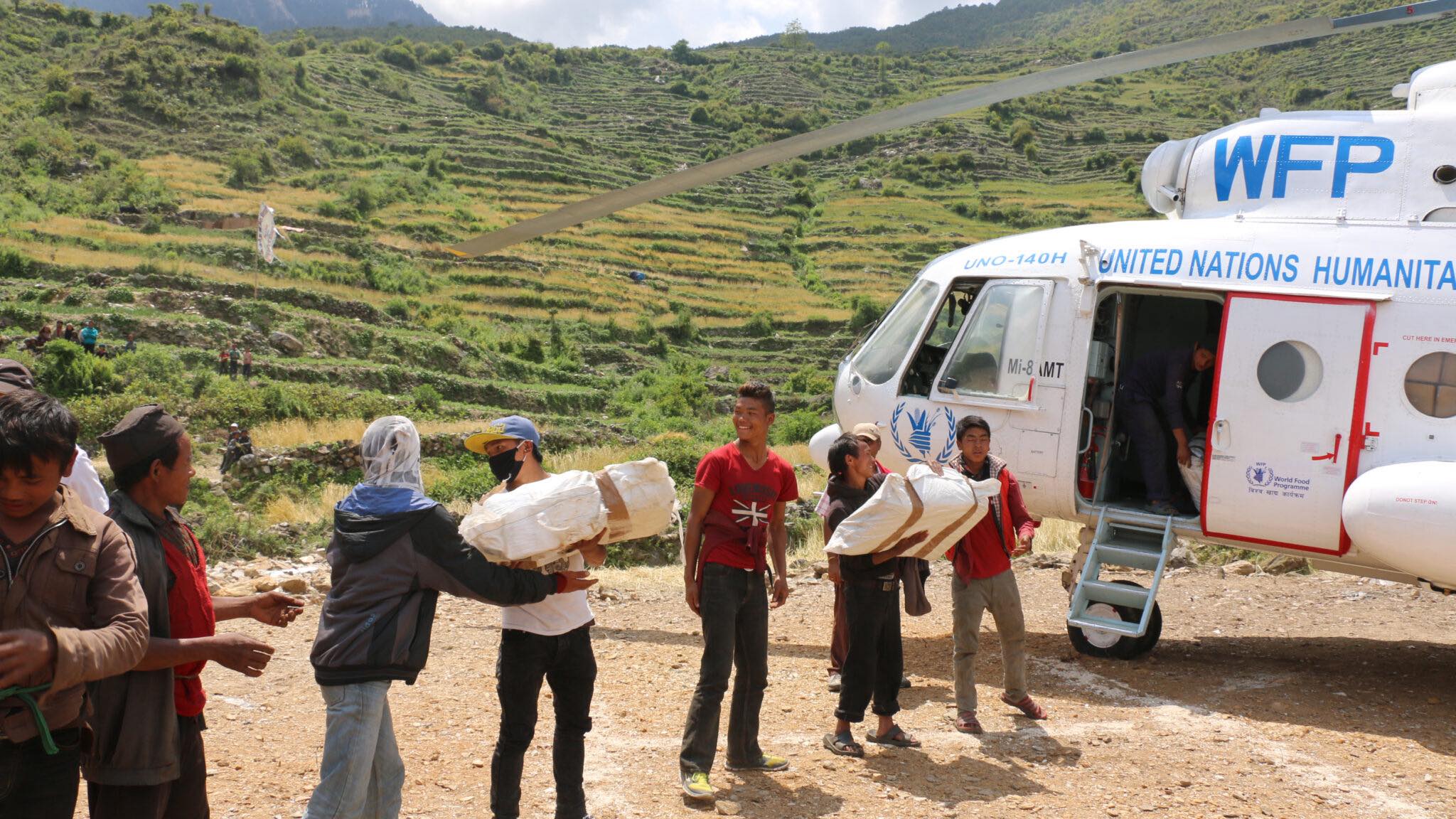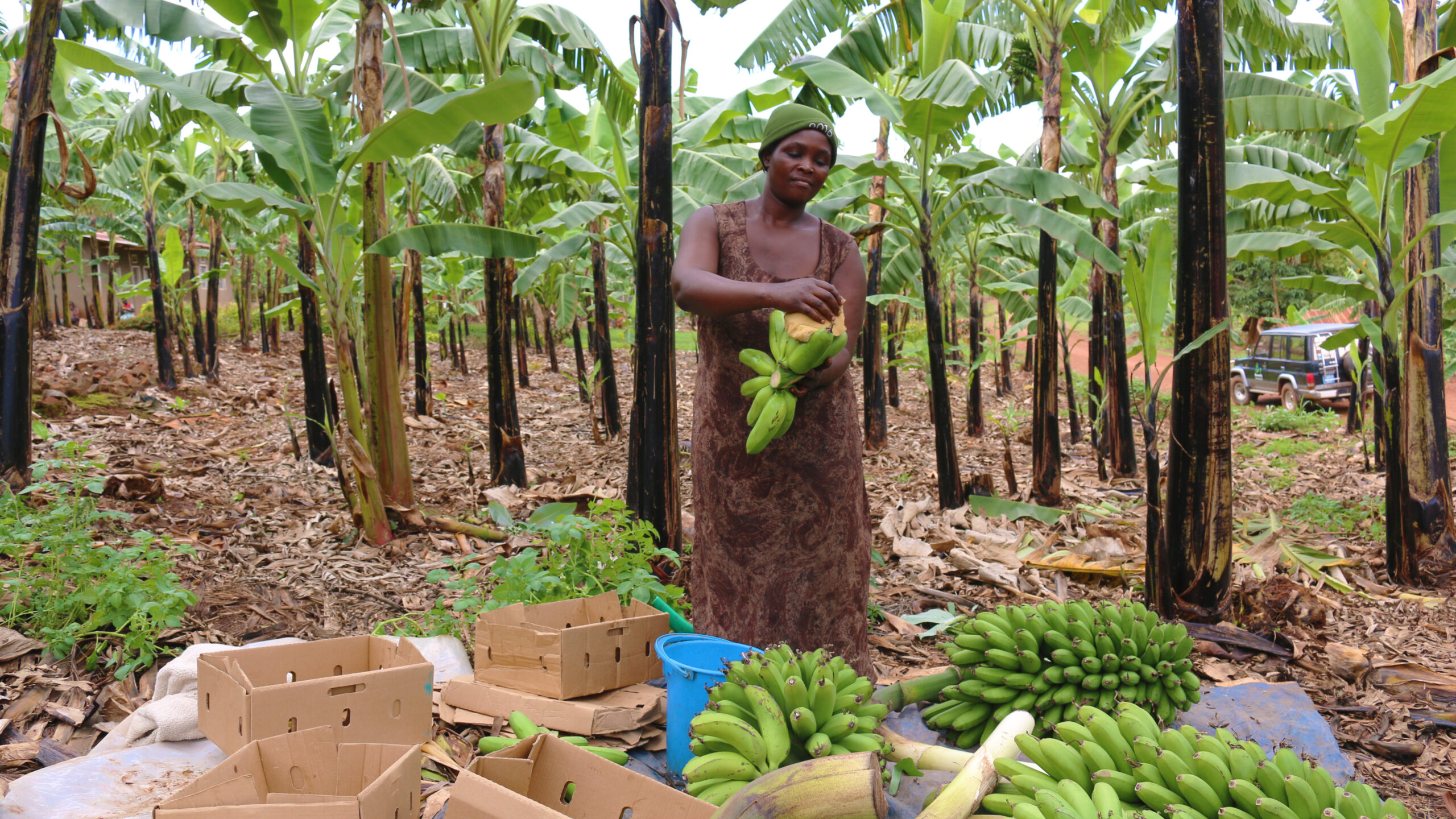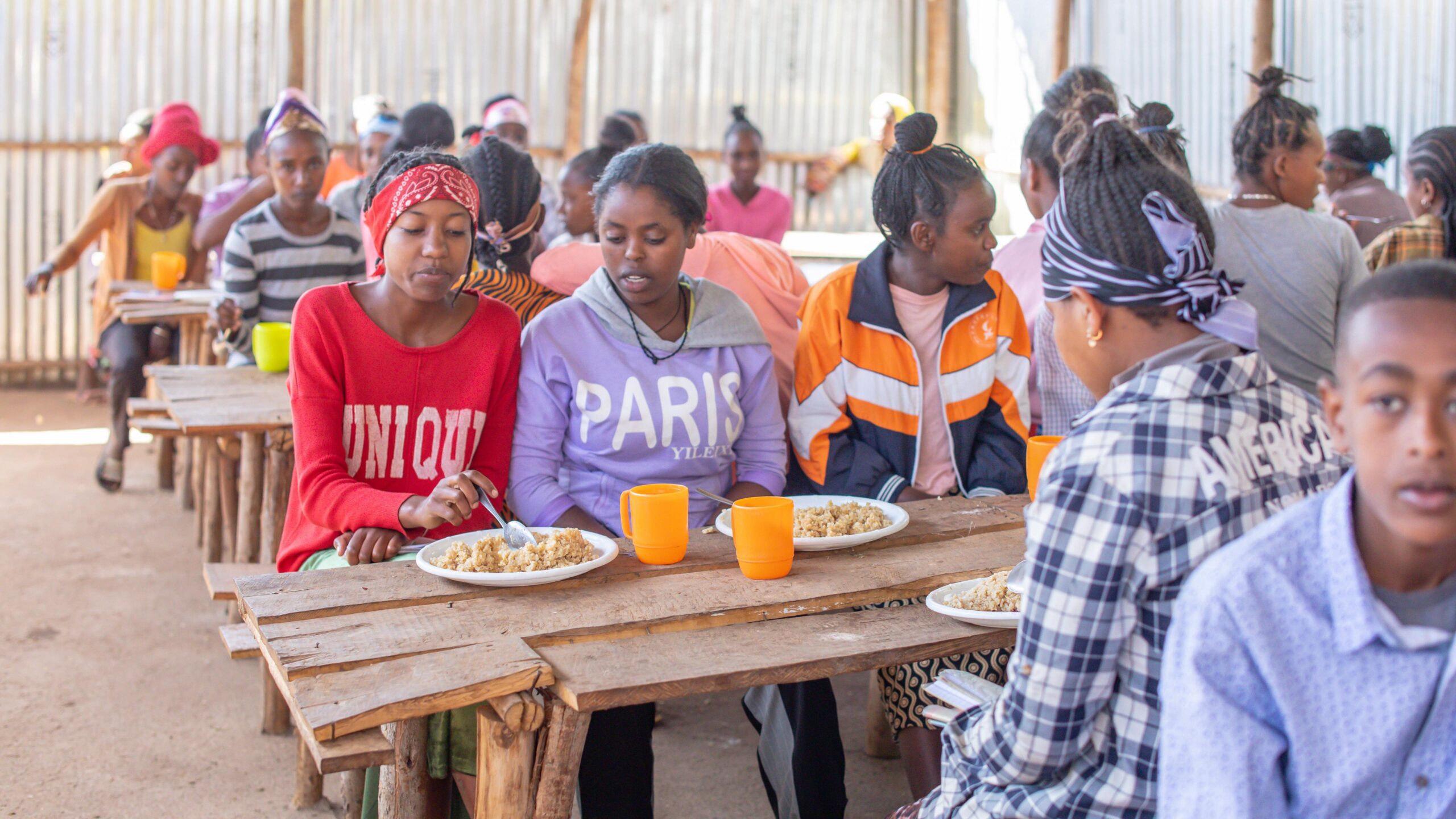The southern region of Africa could be the hardest hit by rising temperatures from climate change, leaving many to wonder what this means for agriculture. Will some areas become unsuitable for farming? Will farmers face lower yields, or turn to new crops? Will climate change threaten food security? These are challenging questions for policymakers, who must plan for the future without available information and analysis.
Southern African Agriculture and Climate Changeoffers an analysis of the impact of climate change on the area’s agriculture, including full-color maps illustrating a variety of scenarios for eight of the region’s countries : Botswana, Lesotho, Malawi, Mozambique, South Africa, Swaziland, Zambia, and Zimbabwe.
“Having data available in one place will provide national and regional policymakers with the necessary information to inform policy and decision making,” said Tim Thomas, IFPRI research fellow.
The book was released jointly on September 3, in Lesotho, by IFPRI, the CGIAR research program on Climate Change, Agriculture and Food Security (CCAFS) and the Food, Agriculture, and Natural Resources Policy Analysis Network (FANRPAN) at FANRPAN’s High-Level Food Security Multi-Stakeholder Policy Dialogue. The book is one of a three-part series that takes a closer look at the nexus of climate change and agriculture in three regions of Africa: West Africa, East Africa, and Southern Africa—and offers recommendations for how policymakers can build flexibility and resilience into development policies.
Related materials
- Southern African Agriculture and Climate Change: A Comprehensive Analysis (IFPRI Research Monograph | Issue Brief)
- IFPRI Press Materials (Briefing | Press Release)
- Country Summaries
- Botswana
- Lesotho
- Malawi
- Mozambique
- South Africa
- Swaziland
- Zambia
- Zimbabwe







